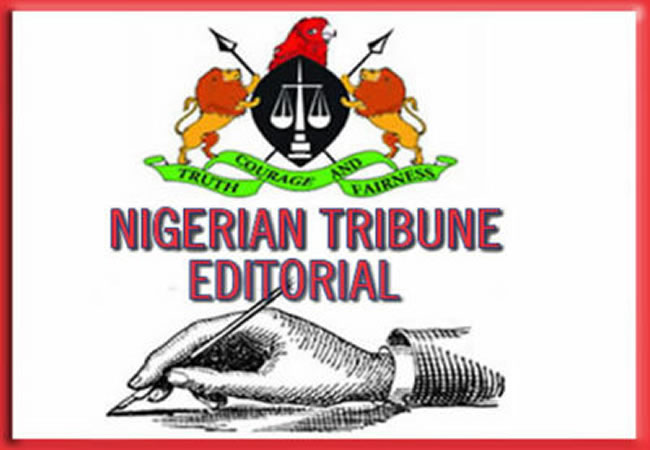UNLIKE previous sporting tournaments in which the country’s flag was flown, the just concluded TotalEnergies Africa Cup of Nations (AFCON) championship, which was hosted by Cote d’Ivoire, was remarkably incident-free. Not only were there no reports of Nigerian players downing tools because one allowance or another had not been paid, it would seem that, overall, the Nigeria Football Federation (NFF) got its acts together, a departure from previous occasions when it could not get out of its own way.
As if to justify this atmosphere of relative serenity, the Nigerian representatives, the Super Eagles, went all the way to the final of the tournament. Along the way, the William Troost-Ekong-captained team won over many doubters, the majority of whom had given it no chance of making it out of the group stages. In the event, not only did the Super Eagles make it to the final, where they eventually lost to the Ivorian team they had vanquished in the preliminary rounds, they gave Nigerians, understandably despondent at the economic situation in the country, a much-needed distraction.
Eager to show their appreciation for the Super Eagles’ exploits, the Federal Government and various state governments have plied members of the team with money, titles to landed property in Abuja, the Federal Capital Territory (FCT), and chieftaincy titles. The Eagles were also given national awards. Although the team ultimately came up short, we endorse the underlying sentiment and congratulate the team on its discipline and fortitude. We also note that, consistent with the team’s overall showing at the tournament, Nigeria has moved up 14 places to 28th in the world in the latest FIFA rankings. While it does not come close to the stratospheric fifth place attained by the team that represented the country at the 1994 World Cup, it is an indication of the progress made under Portuguese coach Jose Peseiro.
Nevertheless, while we salute the team and commend authorities at various levels for recognising its doggedness and determination, we wish to point out the disconcerting fact that the overwhelming majority of players in the 24-man squad ply their trade outside the country. As a matter of fact, only Olorunleke Ojo, the Enyimba FC goalkeeper who did not feature at all throughout the tournament, plays locally. This is an indictment of the Nigerian football league, hobbled by corruption, inadequate investment and bureaucratic lethargy. The NFF and all lovers of football in Nigeria must put their heads together and develop a strategy to resurrect the domestic league. Nigeria cannot, on the one hand, condemn the intrusion of foreign countries and agencies into its local business while at the same time rely on the same when it comes to nurturing talent.
Furthermore, we note that the NFF has indicated that Coach Jose Peseiro is going nowhere. While we appreciate what the coach has done for the team, it is up to him to decide on his next move. If he decides to leave, the NFF needs to move fast and ensure that a new coaching team is in place before the FIFA 2026 World Cup qualifiers.
